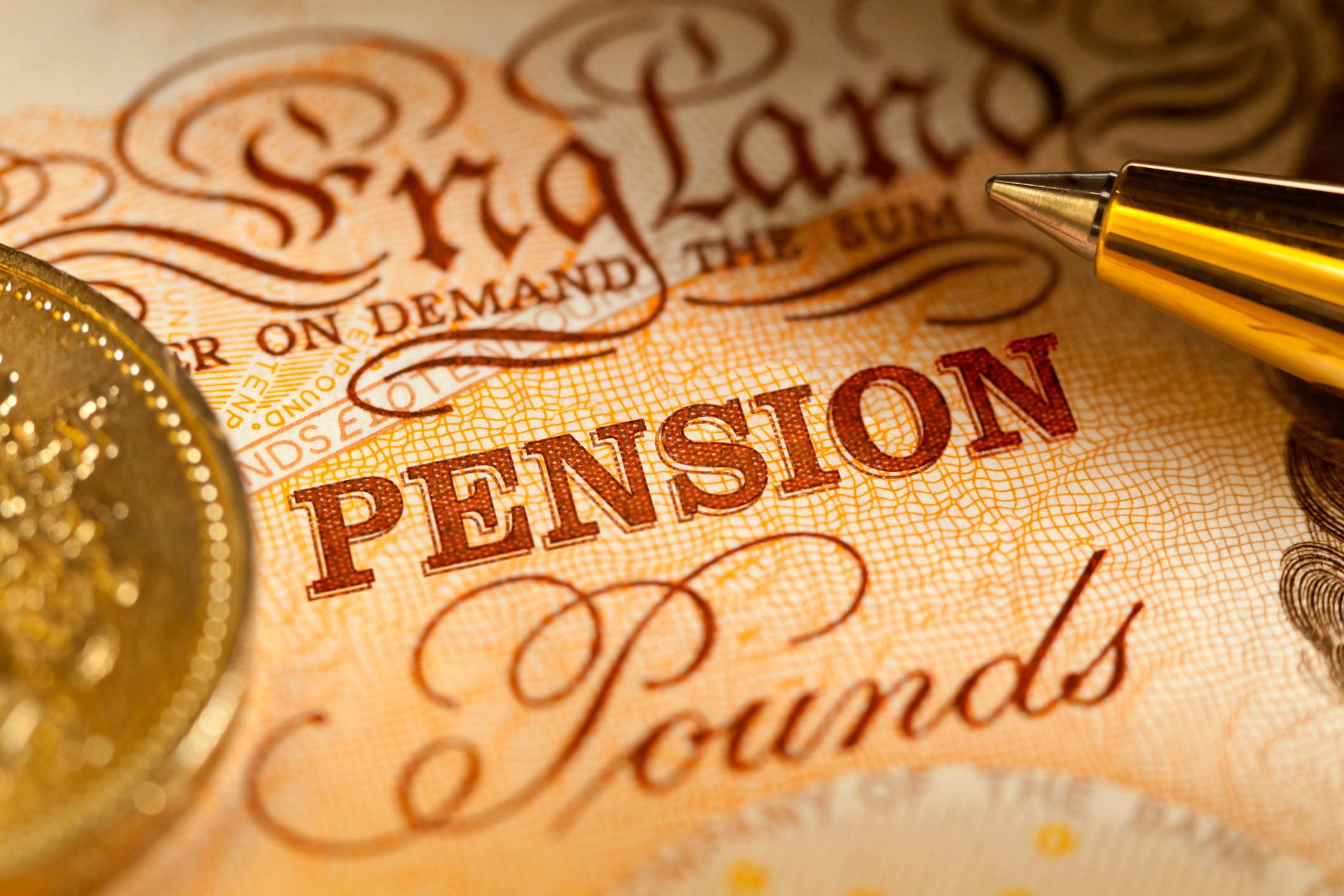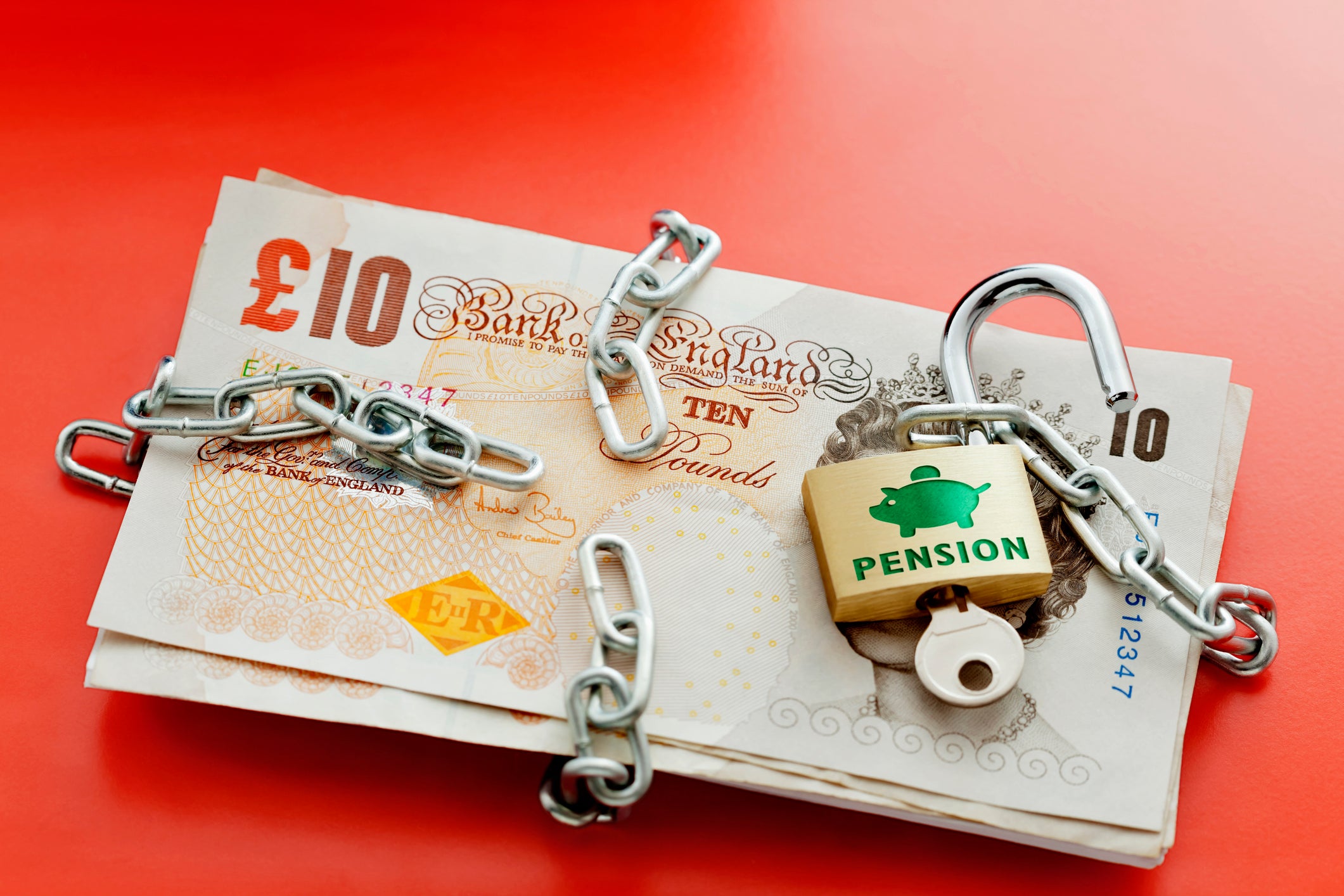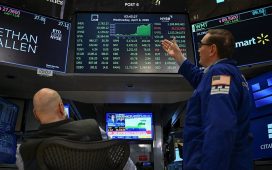If you’ve avoided the news over the past week surrounding stock markets plummeting and then phoenix-like rises, you’ve done well.
An immediate consequence of greater-than-expected tariffs put in place by US president Donald Trump was a rapid fall in global equities. Trillions was wiped off the combined value of companies around the world in a matter of days before a sharp rise across Wednesday night and Thursday, following the announcement of a 90-day pause.
However, those who have investments in an ISA or other share-dealing account, would likely have seen a significant drop compared to even a few weeks ago – and the same goes for those who don’t actively invest themselves, but have been casting a worried eye over their pensions.
Where your pension funds go to work
Given that workplace or private pensions (and Self-Invested Personal Pensions) will be invested in several of the markets which have been falling of late, it’s likely that the values within those pensions will have dropped plenty too. This can cause alarm or uncertainty for people who might not have been expecting to be affected by something as abstract as US-China trade relations.
The funds paid into pensions – such as from salary sacrifice, employer contributions – are put into different investments. Sometimes you can select which type of investments you want to focus on, others might leave them as they are when they join a company.
Regardless, the money will be invested in equities (stocks and shares in companies) and funds, in commodities (such as gold), in bonds (national debt which pays a dividend) and potentially other assets such as cash, property or others.
Over long periods of time, investing generally offers more reward, in exchange for taking on more risk, than holding cash does, which is how your pension pot grows. But it’s rarely a straight line and dips are part and parcel of it.
Why it shouldn’t be an immediate concern
Pensions are a long-term game, as most investments should be.
While it’s natural to have jitters when you notice as much as a 10 per cent fall-off, you don’t need to be concerned that you’ll “miss out” on that money or that it has “disappeared”, particularly if you are still decades away from retiring.
For those whose job is investing, these falls in equity prices are often an opportunity to secure greater returns for the long haul, making them potentially beneficial to your pension pot. So you shouldn’t be looking to make sweeping alterations or selling your portfolio solely based on these drops.
Get a free fractional share worth up to £100.
Capital at risk.
Terms and conditions apply.
Get a free fractional share worth up to £100.
Capital at risk.
Terms and conditions apply.
Fergus McDonald, associate financial planner at Evelyn Partners, explained how much difference it can make between panic-selling and simply doing nothing.

“It’s best not to take too much notice of short-term swings in the market,” The Independent.
“When stocks plunge a natural impulse can be to hit the sell button or not invest, but the best market days often follow the biggest drops, so panic selling or waiting for a recovery can significantly lower returns for longer-term investors.
“Looking back at FTSE 100 market data over 26 years from December 1998 to December 2024, if an investor just simply bought and held the index over this period their return would be 246.6 per cent.
“However, if they missed the ten best days of market returns over nearly three decades of market data, their return would drop down to 74.5 per cent.”
There will always be significant falls in value and surges higher along the way. Big swings shouldn’t sway you into doing something dramatic or worrying over your retirement fund.
However, there are things you can do to maximise your chances of wealth building for the future. You should check you’re getting tax relief on pensions contributions and it’s also wise to assess your pension schemes periodically to ensure you aren’t paying over the top in fees.
It’s also important to note that this is all regarding personal pensions, not your state pension. The amount you get from that is unaffected by stock markets.
The major caveat – and what to do next
There is, of course, one notable exception to the above, which is if you expect to retire or call upon your pension fund soon.
If that’s the case there are several options. The most obvious, if it’s possible, is to delay it. While nobody can predict the future, including in markets, historically they have always recovered from recessions, crashes and other significant losses in value.

Take Covid, for example: most markets declined in excess of 20 per cent when nations went into lockdown and the future looked uncertain. Within two years, many had surpassed where they were before the pandemic. Investing during that lower period would of course have yielded even further gains, rather than merely waiting two years for portfolio values to get back to where they started.
If waiting isn’t an option, you can talk through alternatives with an advisor.
“Approaching retirement is a very good time to seek professional financial planning and investment advice, especially if you have amassed a significant pot,” Mr McDonald explained.
“This is because the balance of your portfolio in terms of asset allocation becomes crucial as you near the point where you want to start using your pension saving.
“Advice that carries on into retirement can be very reassuring to make sure your investments are fit-for-purpose – those close to accessing their pensions who have looked on with dismay recently will be largely those whose investments were not well diversified and not structured to take account of the fact that cash would soon be needed. It’s best to make preparations years in advance of pension access, ideally with the help of professional advice.”












